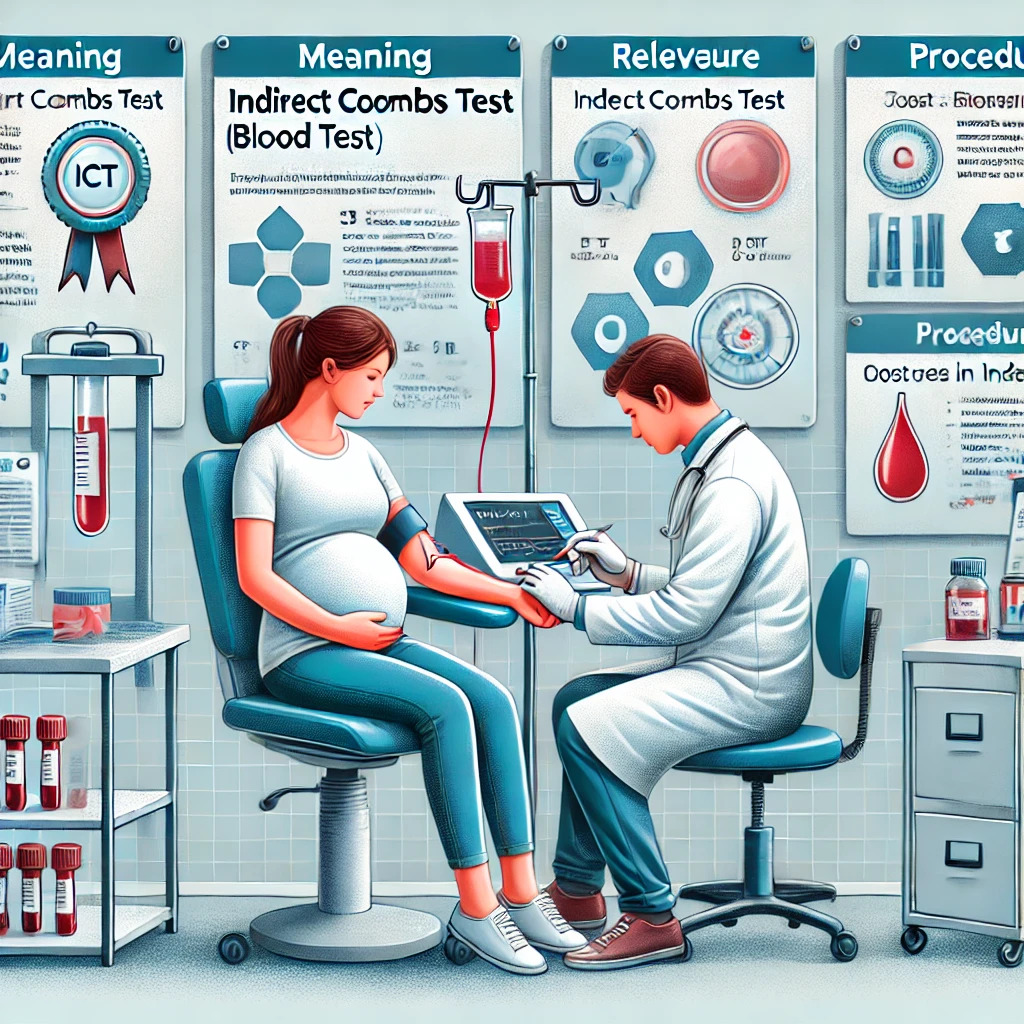Dengue Testing: ELISA, Price, Platelets, Prevention
.jpg)
The Dengue ELISA test or the dengue NS1 antigen test is a primary test used to diagnose the dengue virus in the blood. NS1 antigen is a protein that is produced by the Dengue virus and this test provides a diagnosis based on the presence of this protein in your blood. You can easily schedule this test at O-Lab in Jammu at a very affordable price and a home collection facility is also available. This dengue test and a few other tests help your doctor diagnose the condition and also monitor treatment.
The test price for dengue is INR 700 at O-Lab. This is the most affordable price for dengue tests in Jammu.
Dengue Elisa Test - Introduction
The dengue cases are on the rise due to weather conditions providing suitable breeding conditions to the mosquitoes. In most cases, the symptoms of dengue are mild and patients recover well at home with minimal intervention. But in some cases, the symptoms can be moderate to severe or even life-threatening. This is why prompt medical care and a dengue test are so important. An infected Aedes mosquito can spread this viral infection through its bite where symptoms can range between mild to severe. Dengue Elisa Test for NS1 antigen can detect this in the very early stages. It is a rapid, reliable, and affordable test that is used along with other tests because dengue can affect different organs.
Symptoms of Dengue Fever
Dengue Fever/ Infection symptoms can range from mild to severe and can include
- High fever with chills and sweating which can last for more than a few days
- Headache with eye pain is one of the classical symptoms seen in many dengue patients
- Joint and muscle pain giving the term “break-bone fever”
- Nausea and vomiting
- Excessive fatigue, lethargy, weakness
- Bleeding from gums, nose, or under the skin in the form of Petechiae
Dengue Fever Platelet Count
Platelets are small cells present in the blood. Their numbers can decrease in Dengue. Low platelet count in dengue can impair the ability of the blood to clot. It also impacts the body's ability to fight infections. It is important to try to maintain normal platelet count in Dengue. In a very small number of cases, Dengue can also manifest as Dengue hemorrhagic fever or Dengue Shock syndrome. It is important to keep a check on platelet levels and liver function. This is why self-treatment is contraindicated in Dengue.
The normal platelet count ranges from 1,50,000/microliter of blood to 4,50,000/microliter of blood. The decrease in platelet count can be moderate to severe. Dengue platelet count danger level is considered when the platelet count goes below 20,000/microliter of blood. When the platelet count is between 21-40,000/microliter of blood, the patient is at moderate risk. A blood transfusion may be required depending on the symptoms and test reports.
Five Ways to Prevent Dengue
Here are five ways to prevent dengue:
- Prevent breeding of mosquitoes- Eliminate the conditions or habitat where these mosquitoes can breed. You need to get rid of stagnant water as this is where these mosquitoes thrive. Examples are flower pots, tires, water bowls, puddles, unused water coolers, etc.
- Use protection - Protect yourself from getting bitten by using mosquito repellents on your body especially when you are going to a place where the infection rates are high or where the surroundings provide a good habitat for these mosquitoes. Mosquito nets while sleeping are a good protection, especially in the daytime when dengue-spreading mosquitoes are most active.
- Eliminate the likely habitat- These mosquitoes like dark and damp places. Keeping your house well-lit and airy will help. You should get rid of weeds and dense shrubs around the house. Make sure the grass is cut short. Also take care of things that can accumulate water during the rain like empty plastic boxes, spare tires, etc.
- Cover yourself- Wearing clothes that cover most parts of your body, especially legs and feet can be a good preventive measure. You can wear long-sleeved clothes, full pants, socks, shoes, etc to prevent mosquito bites.
- Timing your outings can be a smart move- As these specific mosquitoes will be more active on humid days, you can avoid outings, especially in areas that have stagnant water, thick grass cover, etc. The mosquitoes are most active two hours after sunrise and two hours before sunset, you can take maximum precautions during these hours.
Five Tips to Recover Faster From Dengue
- You should seek immediate medical care if you notice any signs and symptoms of dengue or have a confirmed diagnosis of dengue. Your doctor will monitor platelet count in dengue along with other parameters. Proper medical care and complying with instructions are important in this infection.
- It is important to take proper rest in case of dengue fever. The body needs energy to fight the infection, to repair the damage, and to rejuvenate. The infection will make you weak and lethargic. Exertion can delay recovery and worsen symptoms.
- Stay hydrated for faster recovery and to prevent dehydration. You can drink water, homemade fresh juices, vegetable or chicken broth, and other healthy fluids to keep yourself hydrated.
- You need to eat nutritious food which is light to digest and improves immunity. You need to intake adequate calories and proteins as your appetite may be poor.
- If there is any worsening of symptoms, severe weakness, dehydration, signs of bleeding like bleeding gums and nose, edema, severe abdominal pain, etc., you need to seek immediate medical care.
Conclusion
A dengue test kit is used to detect the presence of the NS1 protein in a patient's blood sample. This test can be done at any time without special preparation and fasting is not required. This protein is present in large quantities in the early stages of infection which is used to confirm the diagnosis of dengue. It is very helpful to diagnose dengue fever early because the protein is present as soon as the symptoms appear which means timely treatment and observation can be done.
It is advised to do this test within 5 days of the fever onset to diagnose dengue, to rule out dengue, for differential diagnosis of other fevers and infections, and to check if the treatment has been effective. When the dengue infection is confirmed, other tests like Liver Function tests, Electrolytes, platelets, and hemoglobin need to be done to closely monitor the patient. Dengue tests and all these tests are available at competitive prices and quick reporting time along with a home collection facility at O-Lab in Jammu. Contact us for further queries and help.





